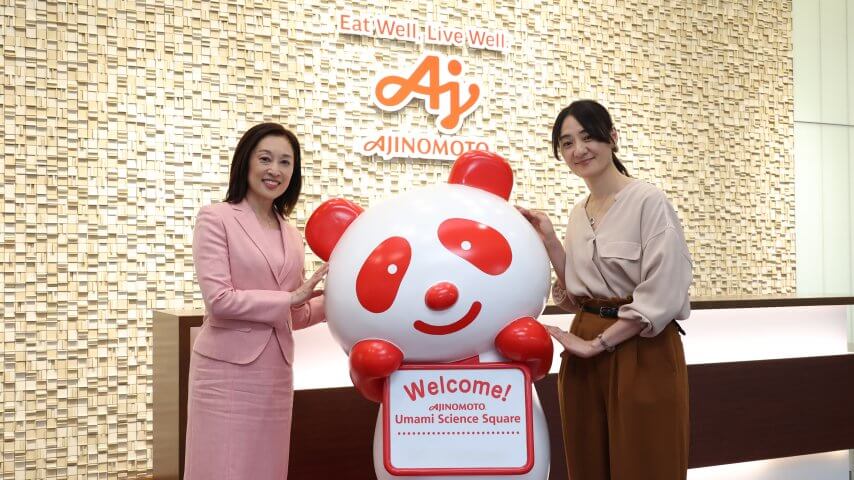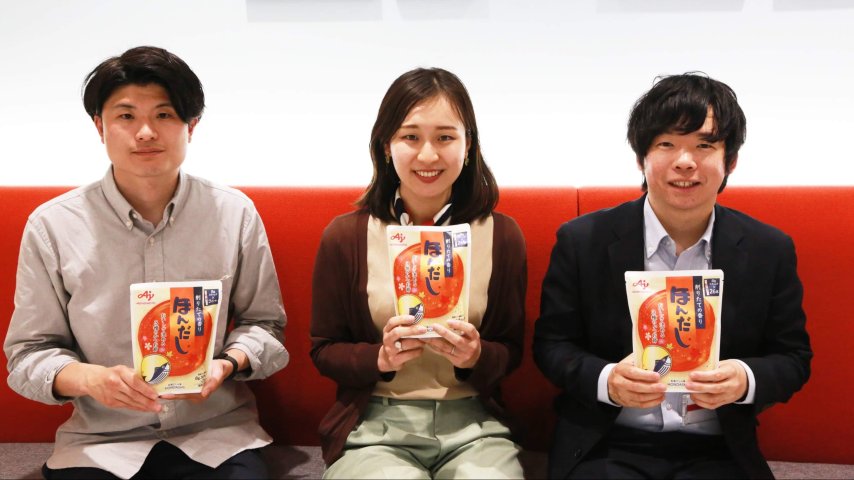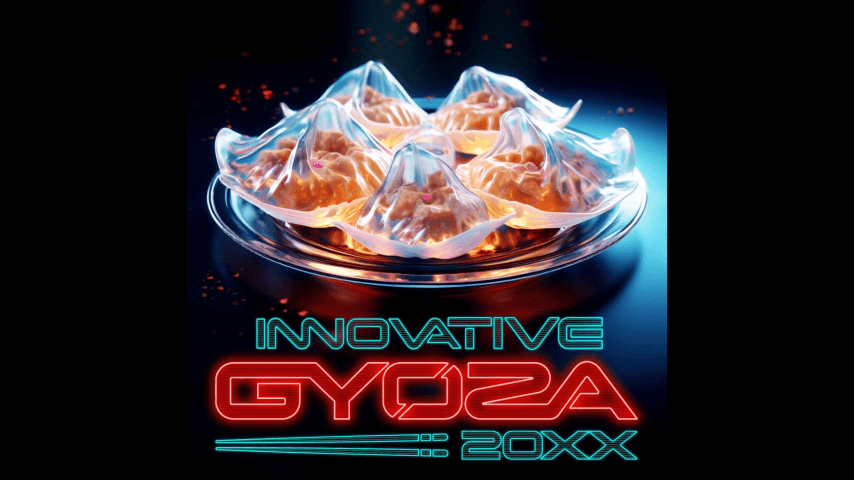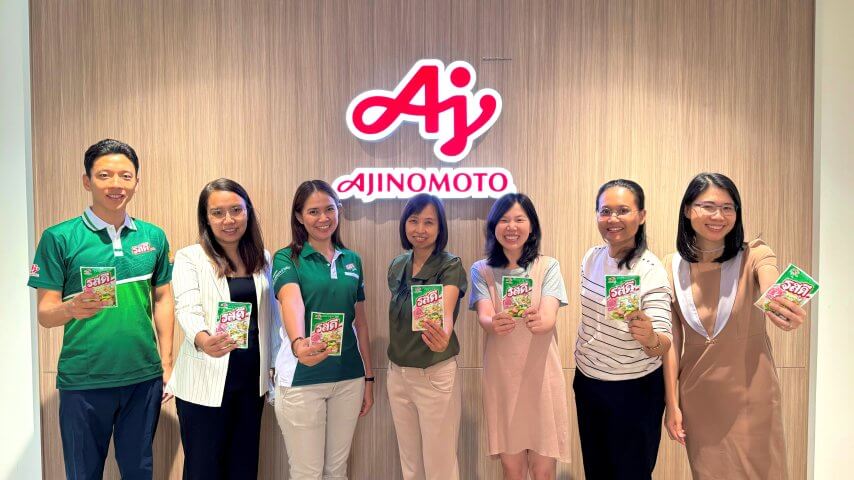Reading Time: 6 minutes
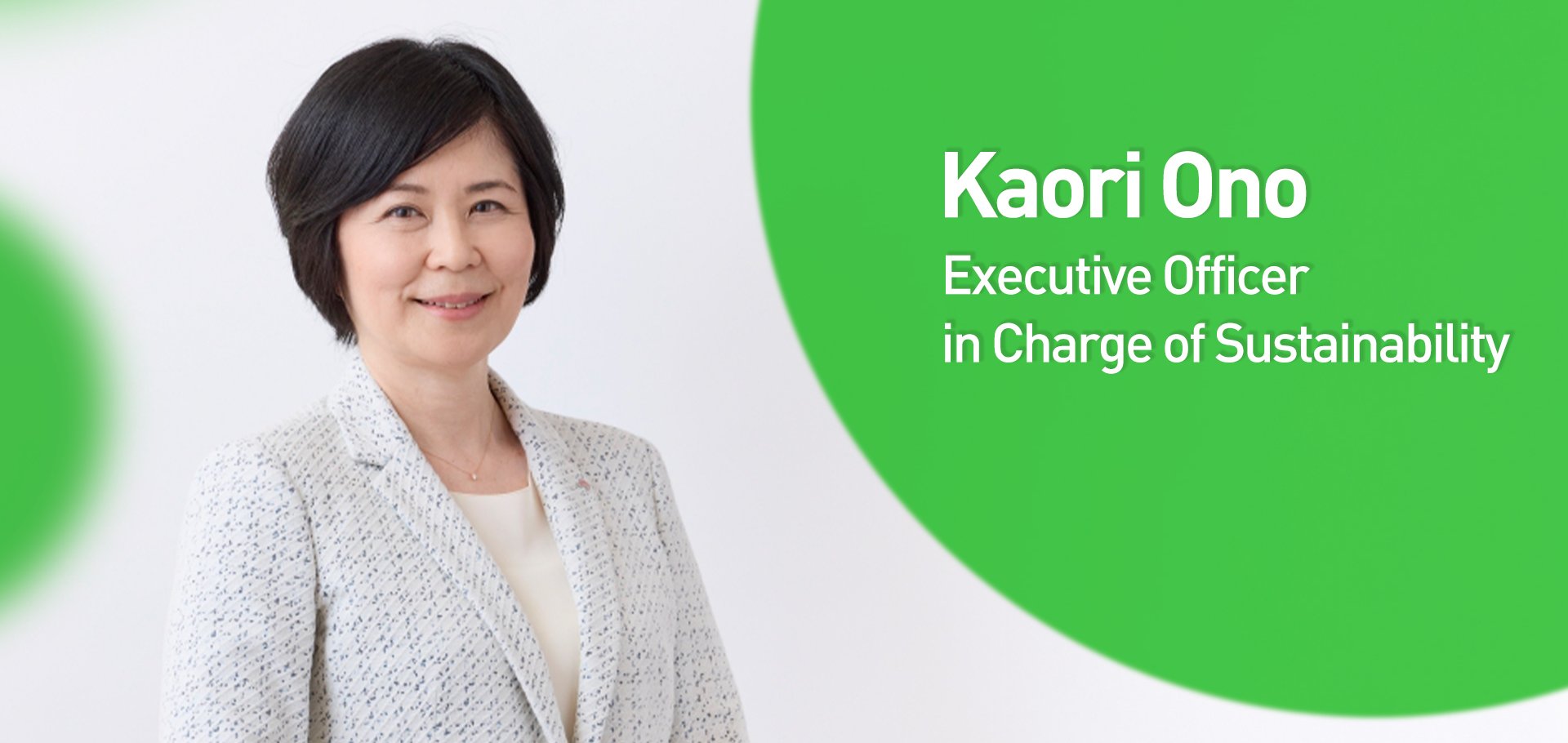
Table of Contents
Since childhood, I have felt a deep connection to the natural world. I’ve always loved interacting with living things like animals and insects, and I’ve never seen humans as separate from nature, but as part of a larger, living system. That perspective was shaped by my early experiences, whether growing vegetables in our home garden or wandering through the mountains and streams on my way home from school, simply to spend more time in nature.
My father’s love for the outdoors led our family on frequent hikes and camping trips. My mother, who had a deep appreciation for food, took joy in building relationships with local farmers and producers of fresh vegetables and eggs. Although she had a strong passion for learning, she never had the opportunity to attend university. I was fortunate to continue my education in science through graduate school, and that journey deeply shaped how I see the world today. While science has contributed to many of the environmental issues we face, I believe it can also be a powerful tool for solving them when applied with care and responsibility.

At the Ajinomoto Group, sustainability is at the core of ASV management, guiding how we solve social issues through our business. We recognize the future of our business depends on the health of people, ecosystems and the planet we all share. Through our sustainability approach, we contribute to creating a circular system of co-well-being, where value-based business models work in harmony to improve lives, strengthen local communities, and protect the planet. This approach not only benefits society and the environment but also supports long-term business growth and resilience.
As we prepare to join NY Climate Week 2025 and COP30 in Belém, Brazil, our aim is not simply to share progress but to seek opportunities to actively contribute to social change. For us, addressing issues such as nutrition, climate, and biodiversity is inseparable from pursuing growth. Building on our scientific strengths, we recognize that real transformation cannot be achieved alone, and that we must scale up our efforts. That is why we join these global gatherings seeking partners who share our vision—so that together we can co-create solutions that accelerate systemic change and advance the well-being of people and the planet.
Agrifood systems account for nearly one-third of global greenhouse gas emissions, yet they also hold immense potential to reduce these impacts when approached collaboratively. The Ajinomoto Group embraces our dual identity – rooted in both food and science – to be part of the solution. But we know we can’t act alone, and our strategy is grounded in partnership: working with customers, researchers, policymakers, farmers, and communities to implement real change. Together, we can decarbonize agriculture, protect ecosystems, and improve nutrition at scale.
Our corporate slogan, “Eat Well, Live Well.”, extends beyond individuals. It’s a call to action for systemic change grounded in innovation, shared values, and collaboration in the near term.
From Ambition to Action: Progress through Innovation
As we pursue our goal of reducing our environmental impact by 50% by 2030, our sustainability approach is rooted in partnerships and scientific excellence. By partnering with farmers, academic institutions, government agencies and international organizations, we are collectively bridging scientific innovation with real-world applications, particularly in agriculture.
Our biostimulants, developed through “AminoScience” , boost crop resilience, and reduce reliance on chemical fertilizers, benefiting both the environment and farmers’ yields.
Through the Japan–Brazil Green Partnership, we are working across sectors to rehabilitate degraded pastureland using biostimulants that restore productivity and enhance crop growth These efforts are especially critical in regions like Latin America, where sustainable agriculture and forest conservation must go hand in hand.
We are also making strides in livestock sustainability. Our amino acid-based reduces greenhouse gas emissions by about annually while also lowering feed costs. Reaching our goal to supply one million cattle by 2030 depends on close cooperation with industry leaders and governments, showcasing how shared efforts can accelerate sustainability in livestock production.
From improving crop resilience to reducing greenhouse gas emissions, our approach is one of science connected to place, working closely with local systems to deliver global impact.
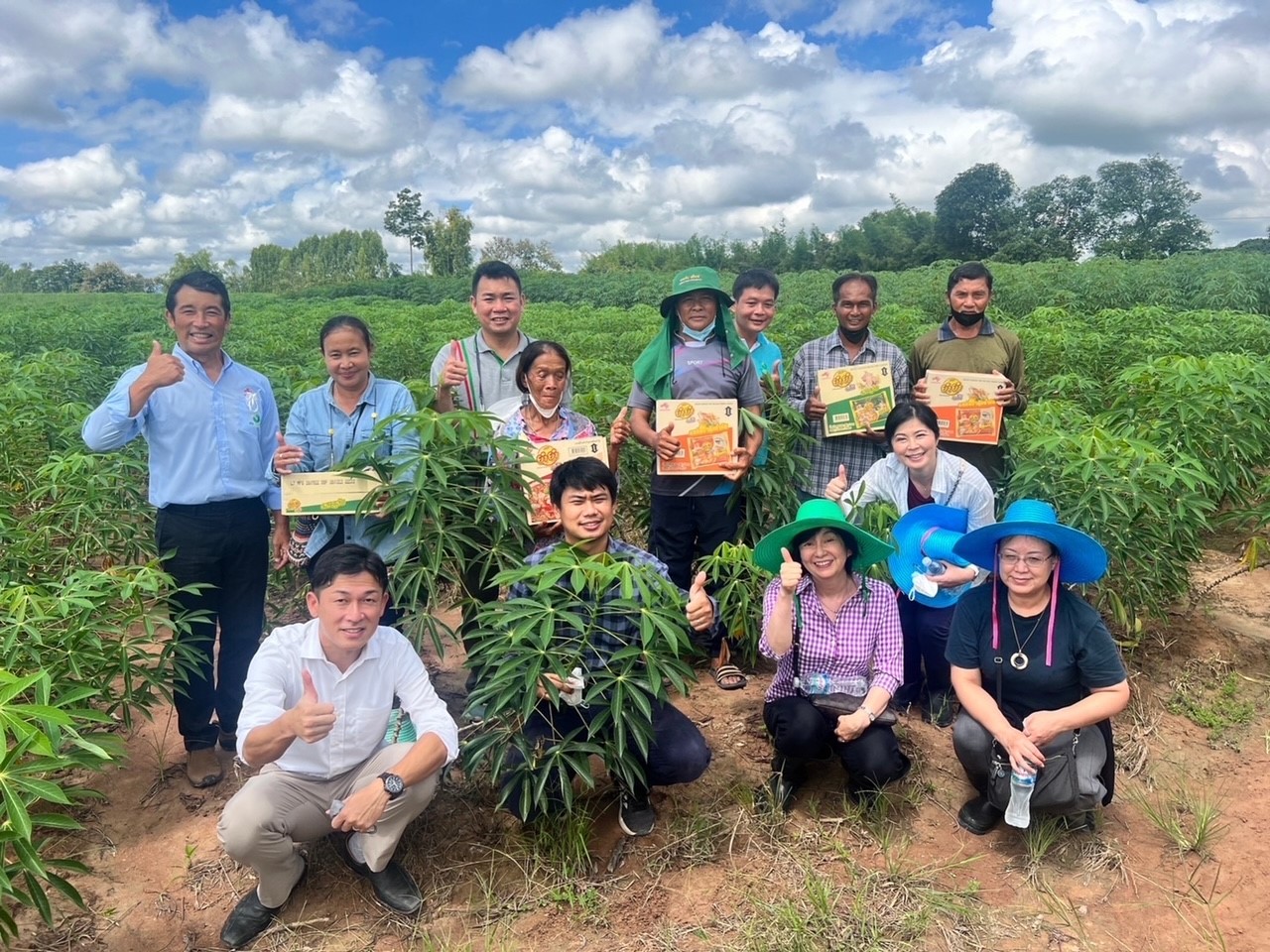
The Urgency of Now: 2025 as a Turning Point
The global agrifood system is under growing pressure from climate change, biodiversity loss, water scarcity, and growing nutritional needs. The stakes are rising for both people and planet, and we must act with urgency and drive coordinated, cross-sector action.
This September, at New York Climate Week, the Ajinomoto Group will join discussions We’ll share how we are reducing our environmental footprint while improving nutrition outcomes and listen closely to the ideas and innovations of others.
Later this year, at COP30 in Belém, Brazil, we will engage in global conversations on transforming agrifood systems – incorporated into the COP Action Agenda – alongside key themes such as forests, oceans, and biodiversity. Held in the heart of the Amazon, COP30 offers a vital opportunity for the agrifood sector come together to advance solutions that protect forests, restore ecosystems, strengthen sustainable supply chains, and build more resilient food systems for people and the planet. The Ajinomoto Group is already taking steps to eliminate deforestation and land conversion from our sourcing of raw materials such as palm oil, soy, and paper and we have set a commitment to no deforestation across primary deforestation-linked commodities by the end of 2025. We prioritize suppliers that meet high standards for conservation and transparency, ensuring that our business contributes to resilient, healthy ecosystems.
These climate convenings are not one-off moments. They reflect an ongoing commitment to drive action on our shared climate ambitions. The Ajinomoto Group comes to the table with solutions already in motion, from low-emission farming partnerships to advances in sustainable product development. Through consistent engagement, we will continue to collaborate with partners and do our part to demonstrate how a science-based, collaborative approach can create both business value and global impact.
The Journey Ahead
Now more than ever, we want to join hands with like-minded partners to scale up transformation.
The Ajinomoto Group recognizes that no one actor can solve these challenges alone. That’s why we are committed to being a collaborative partner by sharing knowledge and investing in scalable solutions.
Despite the complexity of today’s climate and food challenges, I believe in the power of science and collaboration to create lasting change. When companies, communities, and science work together with purpose, real transformation is possible: for people, for agrifood systems, and for the planet.

